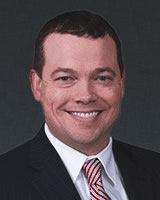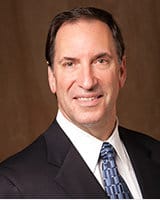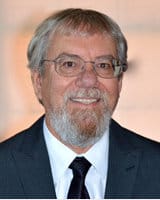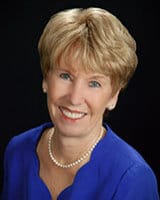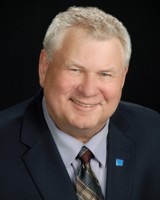
When a dentist buys a practice and things don't work out as well as hoped, the person usually concludes that he or she paid too much for the practice. But in analyzing nearly 1,000 practices over the years, I discovered that the real reason for success has nothing to do with price.
Whether a practice is successful or not is best determined by an accurate cash flow analysis. Cash flow is the outcome of all of the financial elements of a practice - collections, expenses, debt service (the loan payments to the bank), and the owner's net income. Successful practices have successful cash flow, not low prices.
One of our most successful practice sales had a gross income of $1,700,000 and was prices at $1,200,000, which was 73% of the gross, a very high price and percentage. The practice was well equipped, in a desirable area, and the market for this practice was strong. The seller also wished to work for several years after the sale.
The projected net income was $340,000 after all expenses, including $200,000 sellers' salary, and debt service of $225,000. In analyzing net incomes, I always examine the purchaser's net as a percentage of how much the purchaser personally produced rather than the practice gross income. In this case, the purchaser netted 62% of his personal production after all expenses and debt service.
Compare this to another practice that we listed that had a gross of $725,000 and was priced at $444,000, or 61% of the gross. It would appear that a practice with a price/gross ratio that is 16% less than another practice would surely be more profitable. But the projected net income of this practice was $161,000, or only 31% of the buyer's personal production. Compared to the first practice's net of 62% of personal production, this lower priced practice was only half as profitable as the more expensive one.
Cash flow analysis shows that yearly debt service varies from 9% to 12% of the gross revenues. This means that the range between an expensive practice and an inexpensive one is only 3% of the gross. This amount will never make or break the buyer.
So if price doesn't determine our financial outcome, what does? It turns out overhead determines the success of a practice, not price. The adjusted overhead of the first practice was 10% less than half of the second practice, a difference of three times as much as the largest variance in price could have made.
If you're in the market to buy a practice, my best advice is to have a professionally prepared cash flow analysis for the practices you're considering. Tax returns do not show profitability, but rather how much tax someone owes. They contain certain tax deductions that are not actually expenses, so your examination of their return may mislead more than inform you. Also, don't be put off by expensive practices until you learn about their profitability or lack thereof.
If you're in the market to sell a practice, my best advice is to have an evaluation of your practice done early in the process to determine how your practice can be made more profitable before the sale and more marketable and valuable in the sale.
Some years ago, I showed a buyer a $1,000,000 practice priced at $800,000. He asked if I thought it was a good deal, considering the extremely high price.. I said that it depended on what he thought was a good deal. If he thought a good deal was a low-priced practice, this practice was the absolute worst. But if he considered a good deal to be the highest net dollars and percentage, this was the absolute best. I told him that if the price got in the way of his buying this practice that I would find a cheaper practice, but he would have to work harder for less money. He got the point and bought it and he is perhaps the most successful client we have ever worked with. So, keep your eye on the prize, and the prize is the profit, not price.
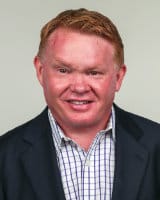
 Add me to your address book
Add me to your address book